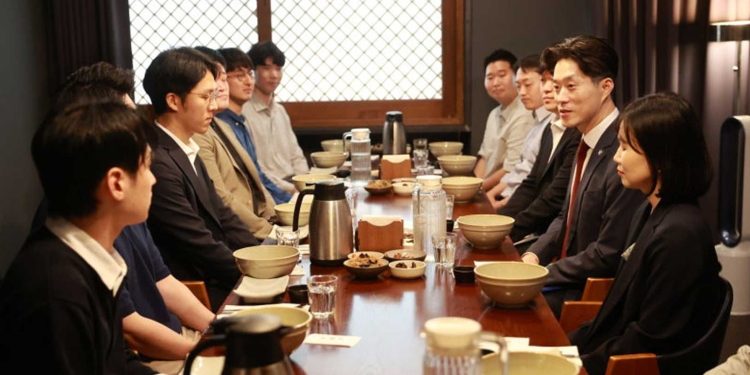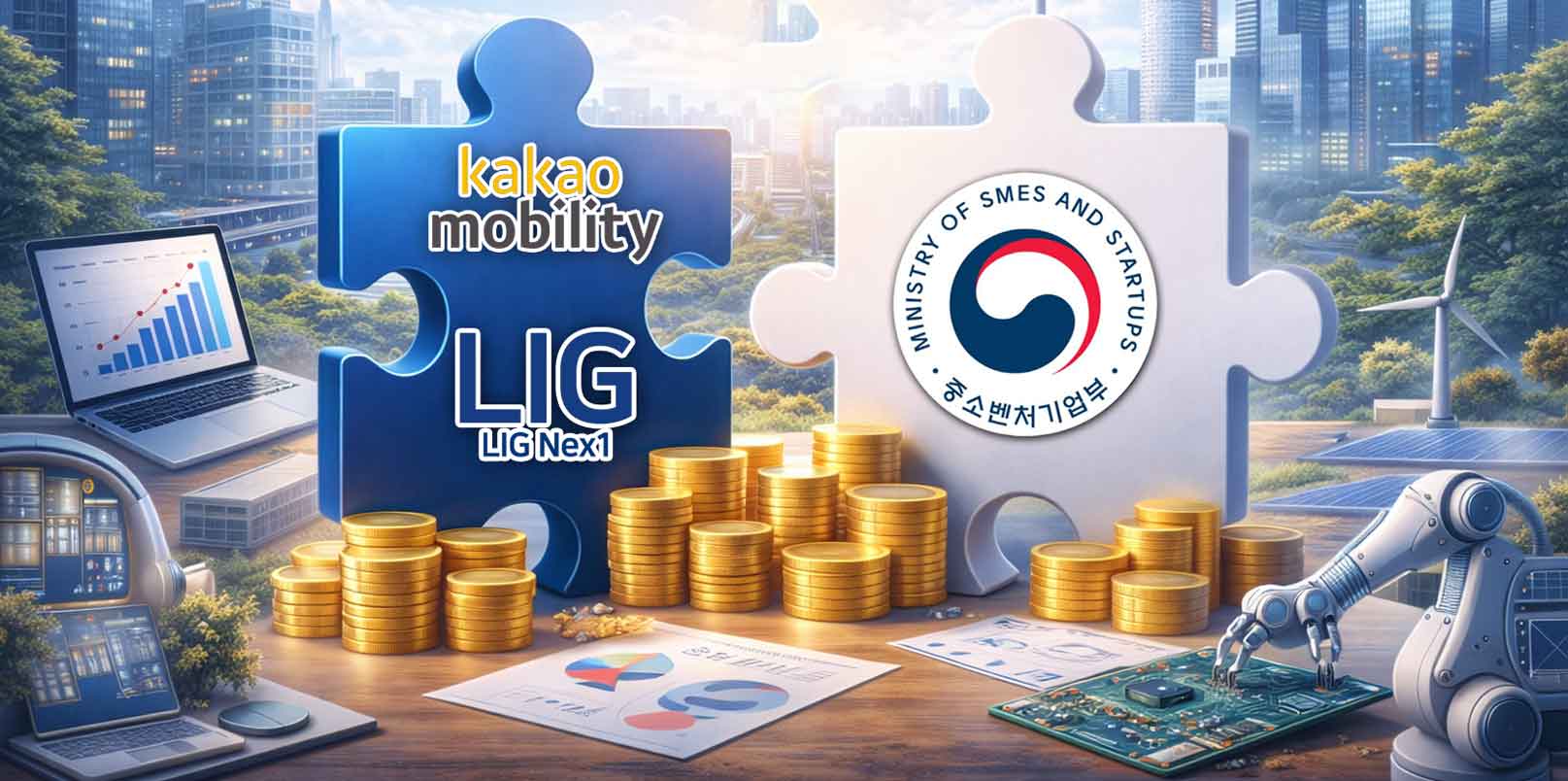Korea’s startup policies are entering a new phase where younger voices are now closer to decision-making. By engaging a 2030 Advisory Group of Millennials and Gen Z, the Ministry of SMEs and Startups is testing how youth perspectives can shape SME reforms and entrepreneurial support. This shift reflects Korea’s recognition that global competitiveness requires policies aligned with the generation driving future innovation.
SME Ministry 2030 Advisory Group Roundtable: Youth Voices Step into Korea’s Startup Policy Arena
South Korea’s Ministry of SMEs and Startups (MSS) has opened a formal channel to include younger generations in shaping national startup and SME policies.
Vice Minister Noh Yong-seok met with the Ministry’s 2030 Advisory Group (2030자문단) in Seoul on September 23, underscoring that policy innovation begins with listening to Millennials and Gen Z.
The initiative highlights a broader shift in Korea’s startup ecosystem toward engaging younger talent and entrepreneurs as stakeholders in policy development.
The luncheon roundtable, held during Youth Week (September 20–26) was first launched in November 2024. The meeting reviewed the panel’s activities over the past year and discussed recommendations for future youth policies.
The panel consists of 24 members in their 20s and 30s, representing diverse backgrounds including startup founders, research institutions, and university students. It is structured into two subcommittees: SMEs and Startups & Small Business Owners, providing a direct channel for young voices to inform MSS policies.
2030 Advisory Group: How Millennials and Gen Z Are Shaping Korea’s SME Policy Agenda
The advisory body reflects Korea’s recognition that younger generations are both the backbone of the startup workforce and one of the demographics most affected by policy outcomes. Involving them is not only symbolic but also strategic as it helps policymakers understand how regulations, funding programs, and entrepreneurship initiatives resonate with those at the early stages of their careers.
Globally, several advanced ecosystems have introduced similar participatory models, where youth councils or innovation boards influence national entrepreneurship strategies. Korea’s 2030 panel positions the country within this trend, aligning startup policy with generational expectations around inclusivity, sustainability, and digital-first economies.
Government Signals Policy Shift by Listening to Young Entrepreneurs
Vice Minister Noh Yong-seok emphasized the government’s commitment to embedding youth perspectives into policy frameworks.
“Listening to the voices of the younger generation is the starting point and the most important task of government policy innovation. We will actively reflect the opinions of the 2030 Advisory Group in order to create policies that young people can genuinely feel.”
Youth-Driven Policy for Korea’s Startup Ecosystem
Engaging younger voices has practical implications for Korea’s startup ecosystem. Many founders in their 20s and 30s face barriers in accessing capital, networks, and policy support.
By positioning youth as active advisors, the government signals to both domestic and global investors that it intends to design policies responsive to emerging entrepreneurial realities.
The move also connects to Korea’s broader decentralization strategy. Just as regional venture funds are redirecting capital beyond Seoul, youth advisory mechanisms are decentralizing policy input, ensuring that fresh perspectives guide future reforms.
For foreign founders and investors watching Korea, this indicates an environment where generational shifts could influence policy priorities such as digital economy regulation, startup visa pathways, and early-stage funding design.
Can Korea’s 2030 Generation Drive Long-Term Policy Innovation?
The 2030 Advisory Group is expected to continue shaping discussions on SME and startup policies in the coming years, with MSS pledging to incorporate feedback into its reform agenda. It represents not just a consultation exercise for Korea’s startup ecosystem, but also establishes a formal channel for youth perspectives in policy discussions at a time when global competitiveness depends on agile and inclusive strategies.
In the end, this move also signals that South Korea is not only investing in regional funds and new visa policies but also in generational inclusion. The country is moving toward an innovation ecosystem where the perspectives of Millennials and Gen Z are becoming central to how future startup and SME policies are designed.
– Stay Ahead in Korea’s Startup Scene –
Get real-time insights, funding updates, and policy shifts shaping Korea’s innovation ecosystem.
➡️ Follow KoreaTechDesk on LinkedIn, X (Twitter), Threads, Bluesky, Telegram, Facebook, and WhatsApp Channel.






